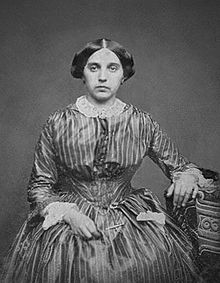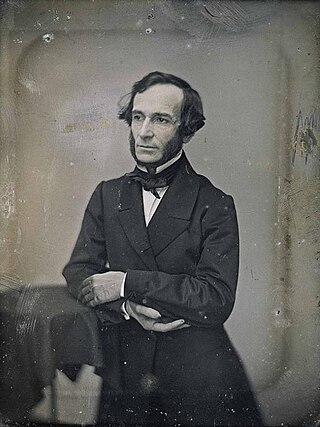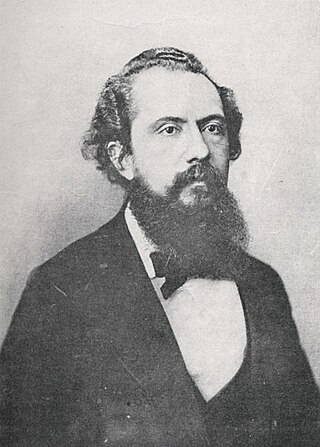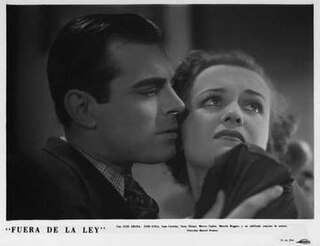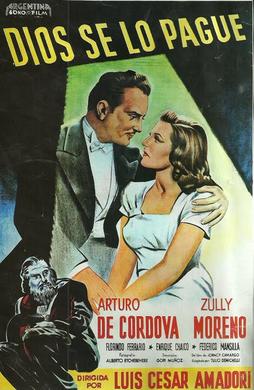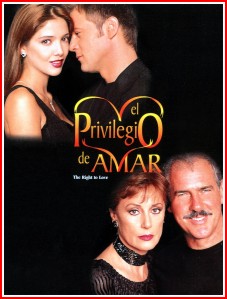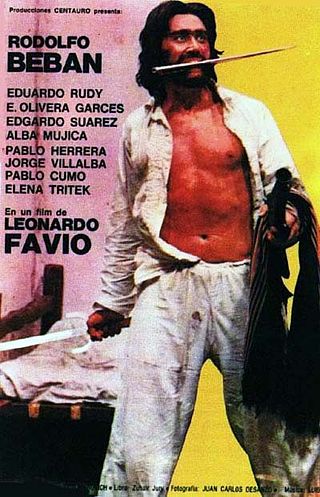Plot
The film opens with the dedication "In memory of Camila O'Gorman and Ladislao Gutiérrez."
Argentina, circa 1827: Ana Perichon de O'Gorman is brought from a Brazilian convent to house arrest, where she is confined to her room in the hacienda of her estranged son, Adolfo O'Gorman. Adolfo treats her with unveiled contempt. Camila, a baby when her grandmother arrives, also initially rejects her grandmother. When Ana asks Camila whether she enjoys love stories, the girl responds that she doesn't know any.
In 1847, Camila is a Buenos Aires socialite. Raised on her grandmother's stories about her affair with former Colonial Viceroy Santiago de Liniers, Camila secretly reads French romance novels and books by political refugees like Esteban Echeverría. She is courted by Ignacio, a wealthy man with whom she is not in love. Her fellow socialites urge her to not let Ignacio get away. Camila bursts into tears as she describes her longing to marry for love. Her socialite friends are stunned.
Meanwhile, Adolfo supports the far-right single-party state led by Caudillo Juan Manuel de Rosas. Camila, however, is horrified by the state terrorism which Rosas routinely uses against opposition. She openly expresses these views, which enrages her father. One day, during confession, she meets a Jesuit priest, Father Ladislao Gutiérrez. Camila immediately develops a crush on him. Fr. Ladislao first rebukes Camila when she comes on to him and feels deeply ashamed that he returns her feelings. He attempts to do penance with a whip before sinking into a life-threatening fever.
During the funeral of her grandmother, Camila learns that Fr. Ladislao is ill and rushes to his bedside. To her shock, she finds him caressing a handkerchief which she had given him. She also kisses him on the lips, and he does not resist it. Upon his recovery, Fr. Ladislao finally surrenders to Camila's advances. For a time, they conduct a discreet affair, but Fr. Ladislao is troubled by the hypocrisy of his public priesthood and his private violation of his vows.
Abandoning everything, Fr. Ladislao and Camila elope to Corrientes Province, where they pose as a married couple. Fr. Ladislao works as a schoolteacher and gains the admiration of the village. Camila and Ladislao live in a small house on the side of a road. Ladislao remains torn between his love for Camila and a deep longing for his abandoned priesthood. With his troubled conscience brought to a crisis, Fr. Ladislao runs to the village church and screams at the Eucharist in the tabernacle. Meanwhile, Father Gannon notifies the village's police commandante.
The commandante, feeling grateful to Ladislao for teaching his children to read, warns Camila that he will do nothing until morning. He urges her and Ladislao to immediately flee across the Brazilian border. Deeply grateful, Camila frantically searches for Fr. Ladislao to tell him the news. When she finds him kneeling in prayer before the altar of the church, she bursts into tears, knowing that he has made his peace with God.
The next morning, Fr. Ladislao returns to Camila to say goodbye. Although he says that he still loves her, Fr. Ladislao explains that he must return to Buenos Aires, do penance, and continue his priestly ministry. Saddened but unremorseful, she responds, "I knew what I was doing." To both their horror, the commandante and his men arrive and arrest them both.
Camila's father, Adolfo O'Gorman, demands the death penalty for his daughter. With the Church Hierarchy and his political allies demanding retribution, Rosas issues a decree that both Camila and Fr. Ladislao are to be shot without trial.
In a military prison, Camila and Fr. Ladislao are forbidden to see each other. While imprisoned, Camila learns that she is carrying Fr. Ladislao's child. Despite the fact that the Law of Argentina forbids the execution of pregnant women, Rosas refuses to delay Camila's death sentence. After begging the prison chaplain to save her unborn child, the chaplain lets Camila drink a glass of holy water, thus baptizing her unborn child. Fr. Ladislao sends her a final letter affirming his love for her.
On August 18, 1848, Camila and Fr. Ladislao are tied to chairs, blindfolded, and carried before a firing squad in the prison courtyard side by side. The soldiers gun down Fr. Ladislao without hesitation, but they initially balk at killing a pregnant woman. When the commandante threatens to shoot them if they refuse to obey God's will, they open fire, riddling Camila's stomach with bullets, and place both bodies into the same coffin. Their final words are repeated in voiceover: "Ladislao, are you there?", "By your side, Camila."

